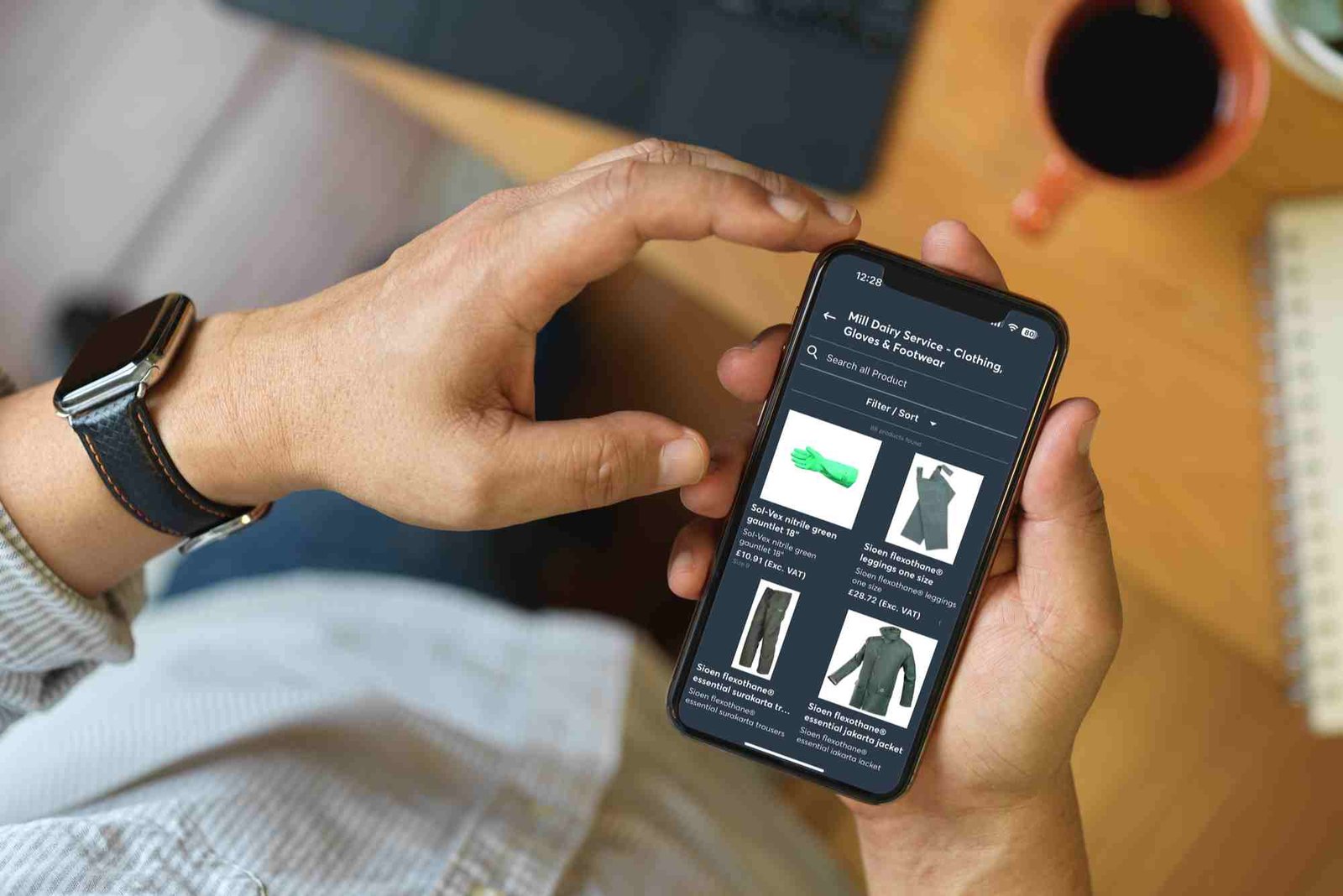Commercial Property Loan Overview
A commercial property loan is a financing option that allows businesses or investors to purchase or refinance properties intended for commercial use. These loans can be used for a variety of property types, including office buildings, retail spaces, warehouses, and industrial facilities. Commercial property loans play a critical role in business growth and development by providing access to essential spaces.
What isCommercial Property Loan?
A commercial property loan is a mortgage designed for the purchase, construction, or refinancing of commercial properties. Unlike residential loans, commercial property loans are primarily used for properties that generate income for businesses or investors. They tend to have stricter qualification requirements, such as higher interest rates and down payments, reflecting the risks involved.

Difference Between Commercial and Residential Loans
- Commercial Loans: Used for income-generating properties such as offices, warehouses, or retail stores.
- Residential Loans: Used for personal homes, condos, or apartment complexes with fewer units.
Eligible Property Types:
- Office buildings
- Retail stores
- Industrial properties
- Apartment complexes with more than four units
- Warehouses and storage facilities
Types of Commercial Property Loans
Traditional Commercial Mortgages
Traditional commercial mortgages are long-term loans typically offered by banks and credit unions. These loans generally feature fixed interest rates and are often used to purchase established properties.
- Interest Rates: Fixed, generally higher than residential mortgages
- Repayment Terms: Typically 5 to 20 years
SBA 504 Loan
The SBA 504 loan is a government-backed loan provided by the U.S. Small Business Administration to help businesses purchase commercial real estate or equipment.
- Eligibility: Small business ownership, owner-occupied properties
- Benefits: Lower down payment, longer terms, competitive interest rates
SBA 7(a) Loan
The SBA 7(a) loan offers flexible use of funds, making it ideal for businesses looking to acquire, refinance, or renovate commercial properties.
- Interest Rates: Variable
- Requirements: Strong credit score, business financial health
Bridge Loans

Bridge loans are short-term, high-interest loans used to “bridge” the gap between purchasing a property and securing long-term financing.
- Pros: Fast approval, quick funding
- Cons: Higher interest rates, short-term repayment period
Hard Money Loans
Hard money loans are asset-based loans that use the property as collateral. These loans are usually provided by private investors and are considered riskier.
- Interest Rates: Higher than traditional loans
- Usage: Typically used when traditional financing isn’t an option
How to Qualify for a Commercial Property Loan
Qualifying for a commercial property loan can be challenging, as lenders carefully assess the risk involved. Here are key factors considered:
- Credit Score Requirements: A good credit score (typically 650 and above) is essential.
- Business Financial Health: Lenders evaluate the profitability, cash flow, and financial health of your business.
- Down Payment Expectations: A down payment of 10% to 30% is often required, depending on the loan type.
- Loan-to-Value Ratio (LTV): Typically, the LTV should not exceed 75%.
- Debt Service Coverage Ratio (DSCR): The DSCR measures your business’s ability to cover debt obligations, and most lenders require a DSCR of at least 1.25.
Application Process for Commercial Property Loans
Step-by-Step Guide:
- Evaluate Your Business Needs: Determine how much financing is required and for what property.
- Select a Loan Type: Based on eligibility, credit score, and property requirements.
- Prepare Documentation: Gather financial statements, tax returns, business plans, and property appraisals.
- Submit Application: Complete the application and submit it to the lender.
- Underwriting Process: Lenders will assess your credit, financial health, and property value.
- Approval and Funding: Once approved, the loan is funded, and you can complete the property purchase or refinance.
Benefits of Commercial Property Loans
Commercial property loans provide numerous benefits for businesses, including:
- Tax Advantages: Interest on commercial property loans can often be tax-deductible.
- Equity Building: As you pay down the loan, you build equity in the property.
- Property Value Appreciation: Over time, commercial properties typically appreciate, enhancing your investment.

Risks Associated with Commercial Property Loans
However, commercial property loans also come with risks:
- Market Volatility: Property values can fluctuate, affecting equity.
- Higher Interest Rates: Compared to residential loans, commercial loans have higher rates.
- Property Management Challenges: Managing commercial property can be complex and time-consuming.
Tips for Securing the Best Commercial Property Loan
- Research Lenders: Compare loan offerings from banks, credit unions, and online lenders.
- Understand Loan Terms: Pay close attention to interest rates, loan terms, and fees.
- Consult Financial Advisors: Professional advisors or mortgage brokers can help you find the best loan option.
Table: Types of Commercial Property Loans and Key Features
| Loan Type | Interest Rates | Term Length | Key Benefits |
|---|---|---|---|
| Traditional Commercial Mortgage | Fixed (higher than residential) | 5-20 years | Stability, predictable payments |
| SBA 504 Loan | Competitive, lower rates | Up to 25 years | Lower down payment, government-backed |
| SBA 7(a) Loan | Variable | Up to 25 years | Flexible use of funds |
| Bridge Loan | High (short-term) | 6 months – 3 years | Quick approval, short-term use |
| Hard Money Loan | Very high | 1-3 years | Fast funding, lenient approval |
Frequently Asked Questions (FAQs)
Q1: What is the difference between SBA 7(a) and SBA 504 loans?
- SBA 7(a) loans are more flexible and can be used for various purposes such as purchasing real estate or refinancing debt, while SBA 504 loans are more focused on fixed assets like purchasing commercial property or equipment.
Q2: Can I use a commercial property loan for investment purposes?
- Yes, commercial property loans can be used to purchase income-generating properties, including office buildings, retail spaces, and more.
Q3: How do I qualify for a commercial property loan with a lower credit score?
- You may still qualify for a loan with a lower credit score by offering a larger down payment, seeking alternative lenders such as private investors, or securing a hard money loan.
Q4: What documents are required for a commercial property loan application?
- Commonly required documents include business financial statements, tax returns, a business plan, property appraisal, and personal credit reports.
Q5: Can I refinance a commercial property loan?
- Yes, refinancing options are available, especially if you wish to lower your interest rates or change loan terms.Affordable Commercial Property Loan Options for 2024












